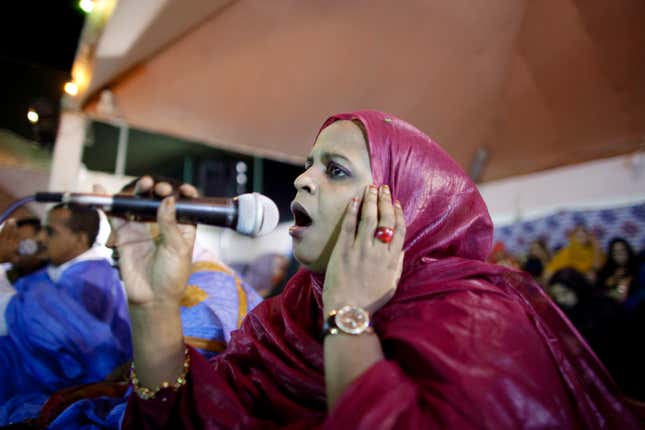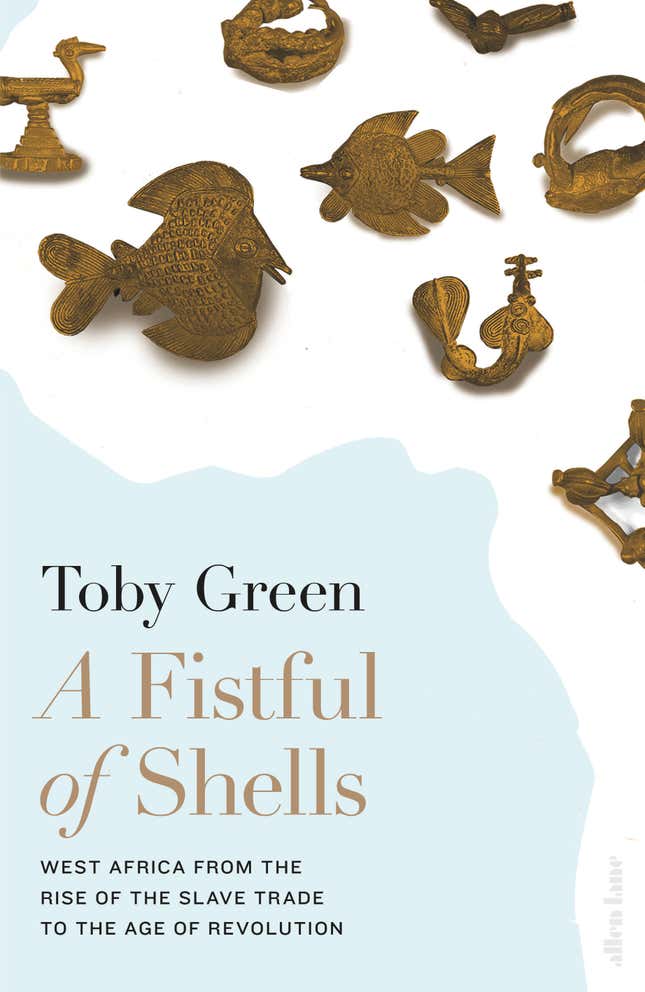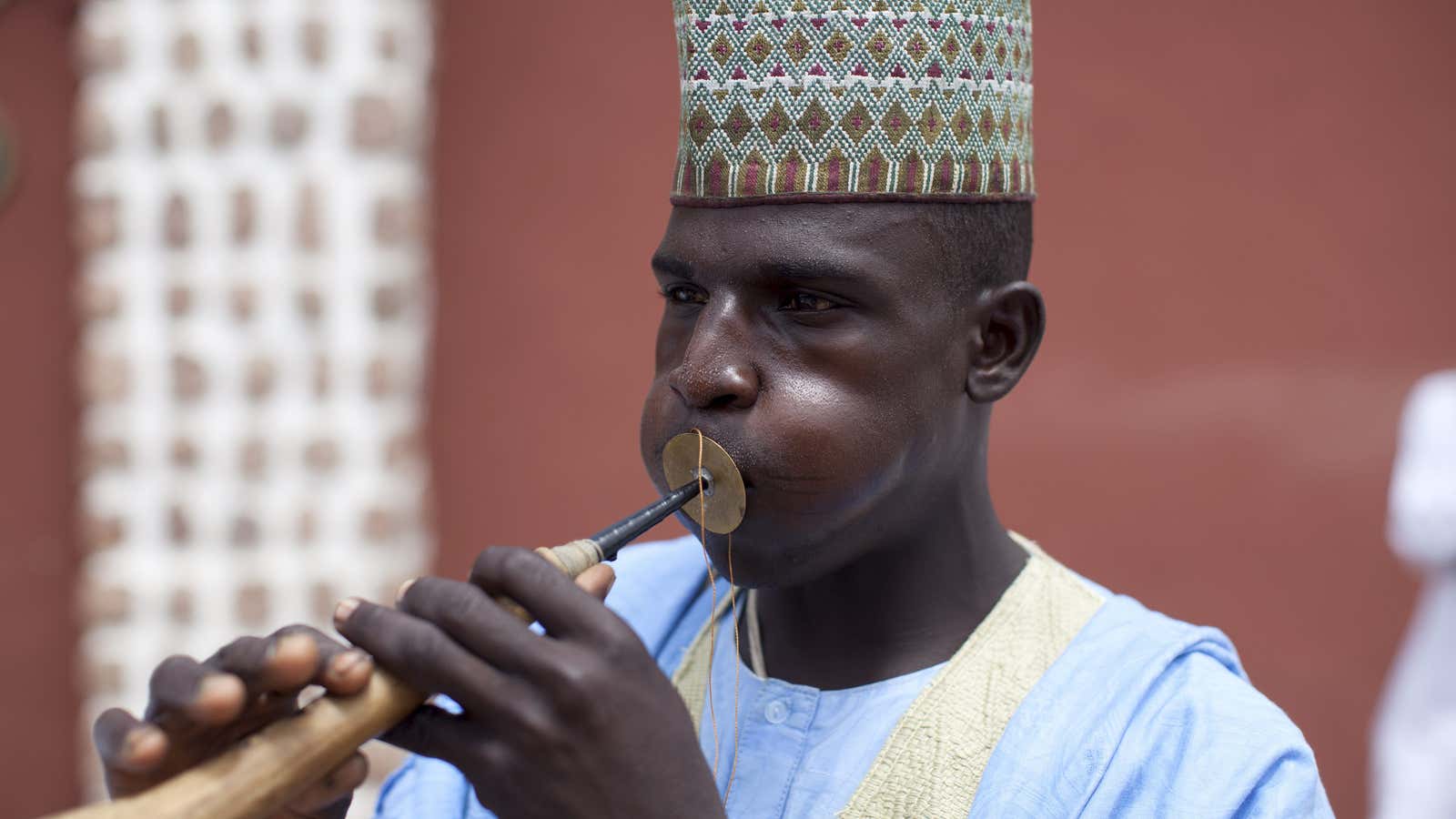The last few years have witnessed a growing recognition of oral histories in Western academies. With more authors, filmmakers and artists from around the world highlighting the rich oral histories of West Africa, the tradition of passing knowledge through generations has invited a moment of change within wider Western establishments.
Oral histories are rich, complex tools of storytelling, which contain fine details of ancestry and ancestral experiences. These oral narratives are important modes of transmitting knowledge, especially as they bring alive histories that are not present in archives, books and other forms of literary tradition.
With recollections of the past often told through idioms and long, enthralling storytelling, oral histories are the vessel between the present and the past, and in many ways act as a tool of cultural preservation.
Griots of western Africa from Senegal and Mauritania across to Mali and Nigeria use oral traditions which date back over 2,000 years. They often accompany storytelling with musical instruments such as the Kora, a 21 stringed lute-bridge-harp, drums or horns to tell stories. Similarly, elders from the region which is now modern day Ghana are steeped within the oral tradition, and act as conduits of knowledge by passing down proverbs, some of which are reflected in Kente cloth print.
As history presents itself through the people, culture within West Africa shows itself to be dynamic and continuous. However, throughout history, the oral tradition has been dismissed by Western productions of knowledge. In essence, they have deprived the complexity of the oral tradition through presenting false written narratives about Africa which exclude lived experiences, and draw on loaded colonial clichés.

Moreover, the legacy of Eurocentrism has also continued to determine the parameters of knowledge production and decided that the literary mode of documenting and passing down knowledge is the only legitimate form. A single narrative is limited as it can only present one version of the truth. Since knowledge is contextual, the oral tradition must be recognized in order to represent the totality of truths that abound within the region.
Despite the history of Western resistance in recognizing the legitimacy of oral histories from West Africa, the British Academy has awarded the Nayef Al Rodhan Prize of £25,000 to A Fistful of Shells, which is the product of over 20 years of research. The award to author Toby Green represents an important shift in knowledge production that recognizes oral histories from West Africa. The book aptly aligns with the prizes’ mission to ‘celebrate books that open up new records of global cultural history’. The accolade is particularly relevant, given the historical marginalizing of both oral and African histories, particularly those which depict dynamic pre-colonial African societies.
Adding to a rich body of research, Toby Green’s ‘A Fistful of Shells’, presents a compelling array of information about the Kingdoms of West Africa, using the oral histories of West African societies. A Fistful of Shells enriches the post-colonial tradition of re-presenting the story of sub-Saharan Africa in particular, and subverts the idea that Africa is a place

with no history. The re-presentation found throughout Green’s work emphasizes the idea that African histories exist in their own right, and not merely as an addition or prop to European history. In showcasing history through the lens of orality, this book broadens the scope of what is considered to be a valid historical perspective, and in many ways echoes the sentiments in Achebe’s essay, ‘An Image of Africa’, which questions the legitimacy of presentations of Africa within Western literature and philosophy.
Green who has been a regular visitor to Africa for over 20 years embarked on this research as he found that ‘too many myths abound about African history, and at the same time more distant history is also increasingly rarely taught in West Africa itself’.
Pointing to the contemporary use of orality within West Africa, professor Kevin Macdonald says that he would link the largest and ongoing loss of oral memory in Africa to global economic forces and ‘Westernization’, which draw youth out of rural communities and cause them to devalue the historic knowledge of their elders.
In reflecting on the reception of the book by the British Academy, Green emphasizes that whilst it has been critically praised, “there is still a large gap between this and public acceptance in the West of African history as relevant.”
Even as recognition of oral histories by institutions do play a fundamental role in creating a wider, deeper understanding and appreciation for African histories, there is more work that needs to be done. Projects that center oral histories and challenge the historical privileging of written texts in African cultural expression and production, can be found across society from academia, through to filmmaking and the arts.
The recognition by the academy arguably sets the standard for other industries to begin with a similar course of action and ask the urgent question of what histories are counted as valid? By recognizing and awarding histories that have historically been marginalized, a transformational work can begin at all local levels from schools to grant making bodies.
When institutions begin to explore and engage with the work oral histories, more possibilities for the future are created. As Green explains; “the book is necessary to recognize sources originating in West Africa as providing fundamental historical perspectives and truths that exist not as a definitive account, but more as a stimulus to more discussion and research on the importance of Africa in world history, past and future”.
Sign up to the Quartz Africa Weekly Brief here for news and analysis on African business, tech and innovation in your inbox




